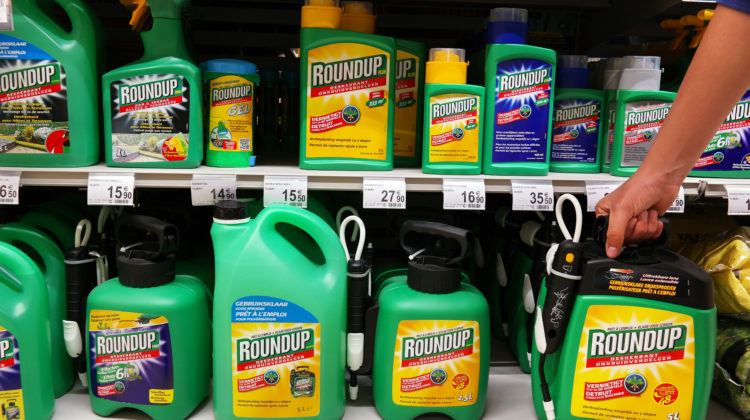[ad_1]

Carl Alesi, et al. v. Monsanto Company, case number 19SL-CC03617 in St. Louis County Circuit Court, Missouri.
Christina Grube, MTN Correspondent
(MASS TORT NEWS) The seventh bellwether trial for Monsanto’s Roundup concluded yesterday with a victory for the pharmaceutical giant. The Missouri-based Alesi v. Monsanto trial marks the first time multiple plaintiff claims were heard before the same jury in a Roundup bellwether.
The Bayer subsidiary released a statement saying, “This [the latest trial] is the fifth consecutive trial win for Monsanto.”
The plaintiffs consisted of two men and a woman, each between 60 and 70 who each claimed they came into contact with the cancer-causing chemical glyphosate while using Roundup in their yards.
Plaintiff lawyers alleged that Monsanto knew of glyphosate’s dangerous carcinogen levels yet continued including glyphosate in the Roundup formula without telling consumers of the risks. However Monsanto lawyers denied these charges and successfully defended glyphosate’s consumer safety, resulting in a big-pharma victory.
The connection between the chemical glyphosate and cancer has been hotly debated for years and though Bayer has paid out millions in lawsuits, public officials still can’t seem to agree on glyphosate’s safety for wide public use.
US legal critics and environmental advocates also agree with the ruling, echoing the EPAs disregard for the Endangered Species Act. However, the EPA mission rejects responsibility for managing the Endangered Species Act, writing “Some problems that seem like something we would handle are actually the responsibility of other federal, tribal, state or local agencies…The Endangered Species Act is primarily managed by the U.S. Fish and Wildlife Service.”
The EPA officially labeled glyphosate as “unlikely to be a human carcinogen” in January of 2020 after years of review and public comment. Similarly, The European Chemical Agency’s Committee for Risk Assessment echoes the EPA’s findings of glyphosate after a 2022 re-examination of the chemical and its effects on humans. The agency concluded that “scientific evidence did not meet the criteria to classify glyphosate for specific target organ toxicity, or as a carcinogenic, mutagenic or reprotoxic substance.” However, a 2015 World Health Organization finding contradicts EPA and EU findings, categorizing the chemical as “probably carcinogenic to humans.”
Despite their bellwether victories, Bayer claims they intend to phase-out all glyphosate-based products by 2023.
[ad_2]




